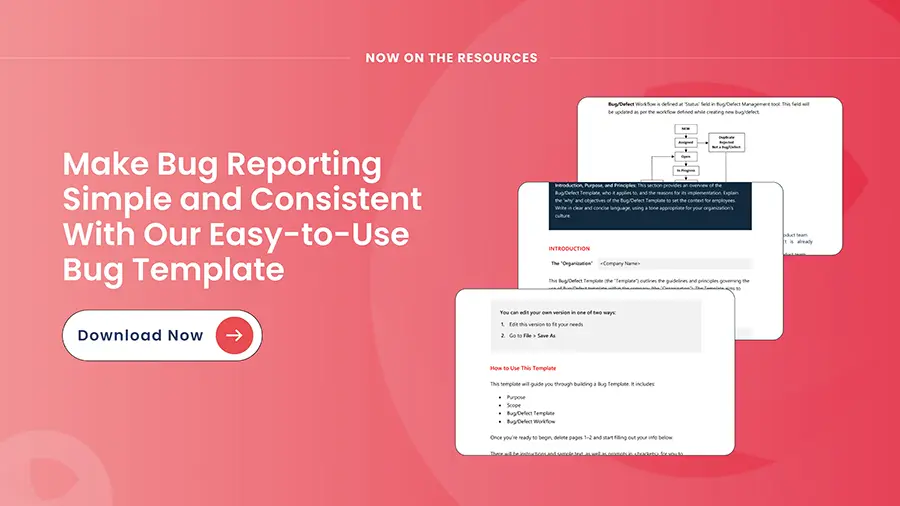In the modern digital era, the complexity of web applications has increased significantly, posing challenges for ensuring their quality and reliability. Manual testing alone can struggle with time, scale and coverage – and the risk of defects slipping into production grows. That’s where automated testing becomes mission-critical.
If you’re looking to accelerate your release cycles and improve software quality, then Selenium deserves prime consideration. Its an open-source automation tool that revolutionizes web application testing and perfect choice for most of the test automation engagements. By automating browser interactions, Selenium facilitates comprehensive testing processes that identify defects early and mitigate risks.

Let’s explore why Selenium stands out from the crowd, and how it can power your test automation strategy with confidence.
1. Open-Source and Cross-Platform Compatibility
One of Selenium’s most significant advantages is its open-source nature, which means it’s free to use and continuously evolving through contributions from a vast community of developers. Additionally, Selenium supports a wide range of programming languages, including Java, Python, C#, Ruby, and more, allowing testers to choose their preferred language and seamlessly integrate it into their existing development environments. Selenium’s cross-platform compatibility ensures that it can be easily adopted by teams with diverse tech stacks and skill sets.
2. Comprehensive Browser Support
Web applications require extensive cross-browser testing. They run across multiple browsers, platforms, and screens.
Selenium excels in this area by providing robust support for a wide range of web browsers, including Chrome, Firefox, Safari, Internet Explorer, and Edge. This extensive browser compatibility enables testers to validate their applications’ functionality and user experience across different environments, ensuring consistent performance and reducing the risk of browser-specific issues.
3. Powerful Testing Capabilities
Selenium offers a comprehensive suite of testing capabilities that cater to various testing requirements. It supports functional testing and regression testing, Data-driven testing and parallel test execution, Selenium equips testers with the tools necessary to streamline and optimize their testing processes. Furthermore, its compatibility with other testing frameworks and tools, such as TestNG, JUnit, and Appium (for mobile app testing), enhances its versatility and expands its testing capabilities even further.
4. Extensive Documentation and Community Support
Selenium boasts a vast and active community of developers and testers who contribute to its growth and support. This vibrant community provides extensive documentation, tutorials, and online forums, making it easier for new users to learn and troubleshoot any issues they may encounter. Additionally, the community’s active involvement ensures that Selenium stays up-to-date with the latest technologies and testing trends, enabling users to leverage cutting-edge features and best practices.
5. Seamless Integration with Continuous Integration/Continuous Deployment (CI/CD) Pipelines
Modern software delivery demands continuous integration and continuous deployment (CI/CD) — meaning every code change triggers automated builds, tests and deployments. For an automation tool to work effectively, it must integrate into this pipeline.
Selenium’s compatibility with popular CI/CD tools, such as Jenkins, Travis CI, and CircleCI, allows organizations to seamlessly incorporate automated testing into their development workflows. This integration ensures that every code change is thoroughly tested, reducing the risk of defects and facilitating faster time-to-market.
Conclusion – Why Selenium Should Be Your Go-To
In summary, Selenium brings together the key ingredients organisations need for modern web test automation:
- It’s open-source and free, enabling cost-effective adoption.
- It supports multiple languages, browsers and platforms, giving flexibility and reach.
- It integrates seamlessly with CI/CD pipelines, aligning with agile and DevOps workflows.
- It’s backed by a strong community, documentation and real-world usage.
- It delivers business-impact through better quality, faster releases and scalable automation.
At Enhops, we are committed to helping businesses unlock the full potential of Selenium and transform their test automation engagements. We pride ourselves in scaling test automation efforts for more than 300+ clients across the globe including all kinds of web, mobile, accessibility, penetration, security, and other test automation efforts. We can help you in turning around your test automation projects in 2025 and beyond to make sure that you deliver high-quality digital applications.
Contact us for Low-Cost, Commitment Free PoC.
Check how Selenium can automate your tests
Our team of seasoned Selenium experts provides tailored solutions, from designing robust test automation frameworks to integrating Selenium with existing CI/CD pipelines.
As you embark on your journey to master Selenium and elevate your web application testing capabilities, remember that Enhops is here to support you every step of the way.




